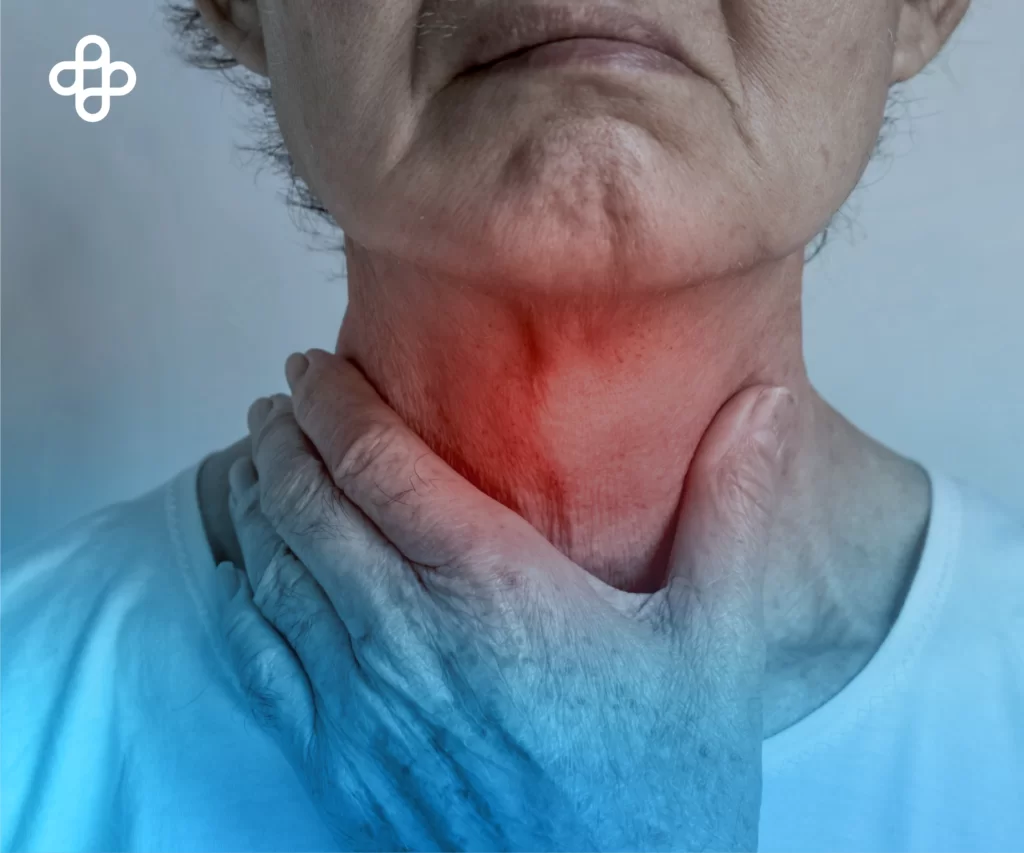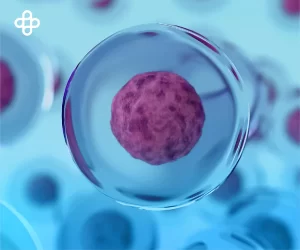Hyperthyroidism is when the thyroid gland produces excess thyroid hormones, leading to various health issues. This condition can significantly affect metabolism, heart rate, and other body systems. This article will explore hyperthyroidism, its causes, diagnosis methods, and treatment options in detail.
Hyperthyroidism occurs when the thyroid gland in the neck produces too much thyroid hormone (T3 and T4). These hormones regulate the body’s metabolism, energy levels, and growth. An excess of these hormones can speed up many bodily functions, leading to symptoms such as weight loss, nervousness, tremors, and heart palpitations.
Causes
Several causes can lead to the development of hyperthyroidism, including:
Graves’ Disease: The most common cause of hyperthyroidism. It is an autoimmune disorder where the immune system attacks the thyroid, causing excessive hormone production.
Thyroid Nodules: Some nodules (lumps) in the thyroid may become overactive and produce more thyroid hormones than needed.
Thyroiditis: Inflammation of the thyroid can cause excess hormones to be released into the bloodstream.
Excessive Iodine Intake: Iodine is essential for producing thyroid hormones. Overconsumption of iodine supplements or certain medications can trigger hyperthyroidism.
Medications: Some drugs used to treat other conditions can affect thyroid function and lead to hyperthyroidism.
Diagnosis
The diagnosis of hyperthyroidism is based on several methods and tests:
Medical History and Physical Examination: The doctor gathers information about the patient’s symptoms and medical history and conducts a physical exam to look for signs of hyperthyroidism.
Blood Tests: Measuring levels of thyroid hormones (T3 and T4) and thyroid-stimulating hormone (TSH) is crucial. Low TSH levels and elevated T3 and T4 indicate hyperthyroidism.
Thyroid Scan (Scintigraphy): This imaging test helps determine the cause of hyperthyroidism, such as Graves’ disease or thyroid nodules.
Thyroid Ultrasound: Uses sound waves to create images of the thyroid and can help identify nodules or inflammation.
Radioactive Iodine Uptake Test: This test evaluates how much iodine the thyroid absorbs, which can help identify the cause of hyperthyroidism.

Treatment
The treatment for hyperthyroidism depends on the underlying cause and the severity of symptoms. Treatment options include:
Antithyroid Medications: Drugs like methimazole and propylthiouracil reduce the production of thyroid hormones.
Radioactive Iodine: This treatment destroys part of the thyroid gland, reducing its ability to produce hormones.
Surgery (Thyroidectomy): In severe cases, or when other treatments are ineffective, removing part or all of the thyroid may be considered.
Beta Blockers: These medications don’t reduce hormone levels but help control symptoms like palpitations and tremors.
Graves’ Disease Treatment May include radioactive iodine therapy, antithyroid medications, and, in some cases, surgery.
Care and Considerations
In addition to medical treatment, individuals with hyperthyroidism need to maintain a balanced diet and avoid excessive iodine consumption. Regular follow-up with an endocrinologist is vital to monitor thyroid function and adjust treatment as needed.
Conclusion
Hyperthyroidism is a treatable condition that, when managed correctly, allows patients to lead everyday lives. Early diagnosis and appropriate treatment are critical to avoiding serious complications.





